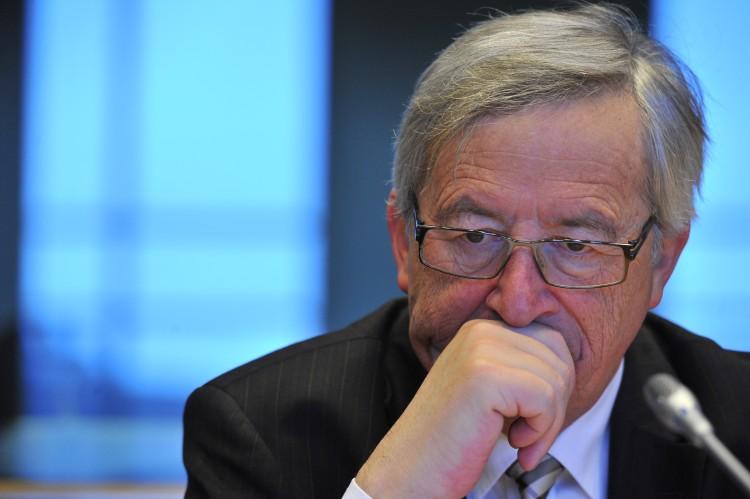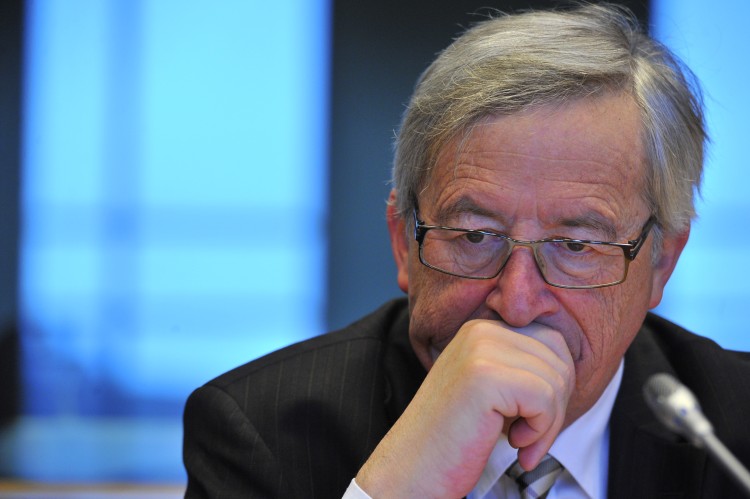In the absence of a serious crisis and no European country on the brink of default, the focus in the Eurozone has shifted back to economic fundamentals.
Spanish exports data were positive but come with a caveat.
It appears that the markets never move much during these days of calm, without a full-blown crisis or a last minute policy intervention. The euro modestly built on its gains and added 1 percent last week to $1.3453. Stocks were also up 1.3 percent to close at 2,744 for EURO STOXX equity index.
Spanish Exports Resilient with Low Euro
Good news came out of Spain, which reported an increase in exports for the first eleven months of 2012, rising 3.7 percent compared to the same period a year earlier.
While this is good in principle, it might change after the recent rally in the euro. Most of the gains in exports were registered when the euro was trading in the $1.20 range, making Spanish goods relatively cheaper.
The post-July rally—after the euro reached its lowest—saw the currency eclipse $1.30 by September. This is precisely when the Federal Reserve started to implement its open-ended asset purchase program, which served to further devalue the dollar.
Why does this matter? Because the report by the Spanish Ministry of Economics for November 2012 clearly indicated that Spanish competitiveness hasn’t really improved. Exports to the Eurozone, which aren’t distorted by currency fluctuations, decreased 3 percent in the first eleven months of 2012 compared to the same period in 2012.
The overall increase was made possible because exports to countries outside the Eurozone and the European Union increased 14.4 percent. Of course, other geographies were growing faster than the Eurozone overall and part of the differential is due to the recession in the Eurozone. The differential is large enough, however, to explain the rest of the gains in Spanish exports by a lower euro.
It was in this context that outgoing head of the European Finance Minister Jean Claude Juncker said that the euro exchange rate is “dangerously high.” If it keeps going higher, the last pillar of growth will be taken from the Spanish economy which could hurt Germany and the northern countries.
The Week Ahead
Given that the International Monetary Fund (IMF) has just downgraded the growth outlook for the Eurozone to a negative 0.2 percent in 2013, this week will be interesting in terms of new economic indicators.
Spain will report GDP, Germany will report consumer confidence, and the Eurozone will come out with a host of business and consumer surveys assessing overall economic confidence.
The Epoch Times publishes in 35 countries and in 21 languages. Subscribe to our e-newsletter.







